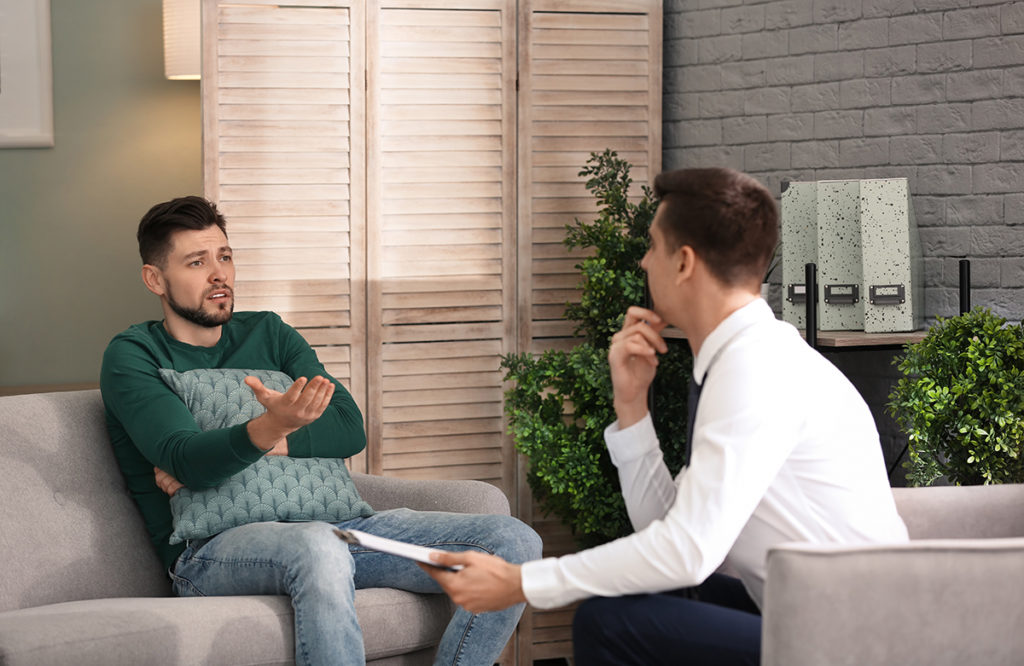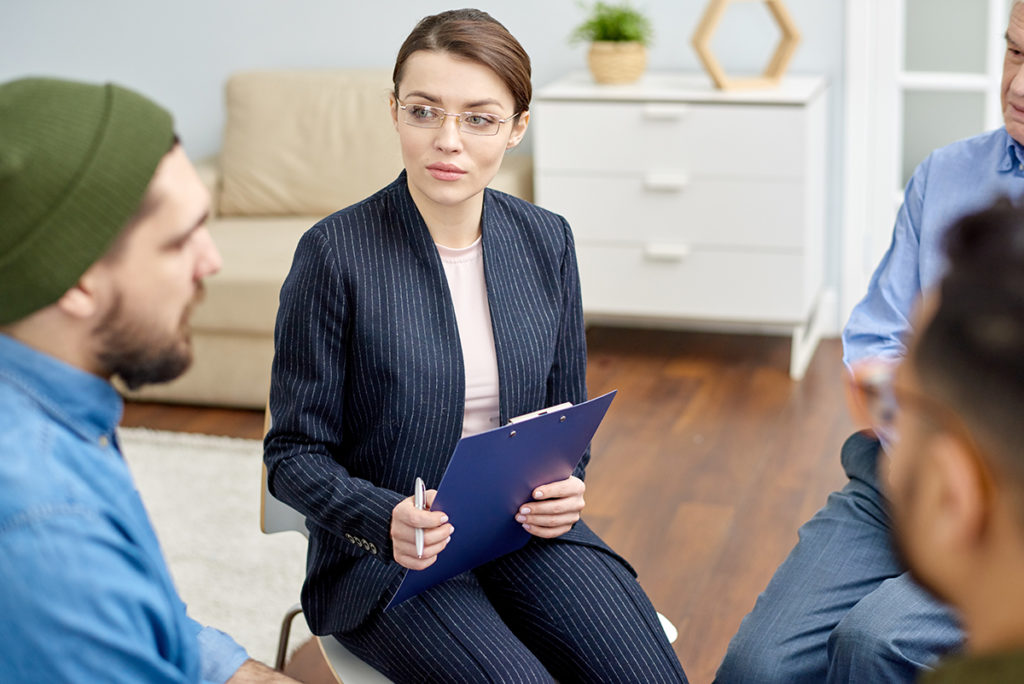Although medical providers closely monitor opioid prescriptions, some people who develop an addiction to these medications find ways to access additional pills illicitly or by doctor shopping to obtain additional prescriptions. Opioid abuse like this is a considerable issue, especially since it can lead to addiction, overdose, and even death. Learn the risks of opioid abuse, how to know if someone is experiencing an opioid overdose, and what to do to help save their life.
If you or a loved one is struggling with opioid addiction, it is crucial that you reach out for professional help. The caring team at Promises Behavioral Health can guide you back on track to a sober lifestyle free from the dangers of opioid abuse. To learn more about our opioid addiction treatment options, reach out through our online form or by calling us at 17135283709.
The Dangers of Opioid Abuse
Opioids are powerful pain-relieving medications prescribed to manage moderate to severe pain, often in relation to surgeries or injuries. Some of the most commonly prescribed opioids are:
- Hydrocodone (Vicodin)
- Oxycodone (OxyContin)
- Morphine
- Codeine
- Fentanyl
Since these medications are sometimes necessary to mitigate intolerable pain, they do serve a vital purpose. However, they must be used with caution and only by strictly following a doctor’s orders.
Opioid abuse entails using more of the medication than your doctor has prescribed or using it more frequently. Abusing opioid medications can lead to physical and psychological dependence, increased tolerance, and addiction. As a person becomes tolerant to their dose, they may resort to using larger doses, which significantly increases the risk of an overdose, which could be fatal.
How to Know If Someone Is Overdosing on Opioids
Identifying whether someone is experiencing an opioid overdose can save their life, especially if you notice it early on. Be alert for the following signs of an opioid overdose:
- Difficulty breathing or very slow or shallow breathing
- Extreme drowsiness or loss of consciousness
- Small or constricted pupils, also known as pinpoint pupils
- Bluish tint to the skin, lips, or nails due to lack of oxygen
Recognizing whether someone might be overdosing on opioids is the first step toward potentially saving a life. The next step is learning what to do during an opioid overdose.
What to Do If You Witness an Opioid Overdose
In the event of an opioid overdose, every second counts. Taking immediate action can make all the difference in saving someone you love. If you think someone is having an opioid overdose, follow the steps below:
- Call 911 or your local emergency services immediately – This is the most important step as you will need the assistance of emergency technicians. Be sure to provide clear details about the situation, including the address and location of the person, and let the operator know there may be a potential opioid overdose.
- Administer naloxone if it is available – Naloxone, the generic name for Narcan, is a prescription drug that can reverse an opioid overdose. It can be delivered intranasally or via injection, and people dependent on opioids may have the drug on hand for emergencies.
- Perform rescue breathing – If the person has stopped breathing, begin rescue breathing if you are familiar with the process. Otherwise, ask the 911 operator to guide you until emergency help arrives.
- Stay with the person – Remain supportive as you wait for the emergency responders. Stay by the person’s side, monitor their breathing, and try to keep them calm and comfortable.
If you know someone struggling with opioid addiction, you may want to talk to your provider about obtaining a prescription for naloxone so you can have this life-saving drug available if need be.
Enroll in Opioid Addiction Treatment at Promises Today
Opioid abuse can have devastating consequences, so knowing how to spot the signs of an overdose and respond in a timely and effective manner can help prevent a fatal outcome. If a loved one is having difficulty with opioid abuse, encourage them to reach out to Promises Behavioral Health at 17135283709 to talk about opioid addiction treatment.






